What is a Safety Audit?
An audit is a method of examining or evaluating something by a single individual or a group of professionals. A safety audit is a systematic process in which a service team collects data on a company’s overall health and safety management system’s efficiency, effectiveness, and reliability. A safety audit’s purpose is to keep the workplace safe by identifying, solving, and removing hazards according to established safety norms.
A safety audit identifies hazards in an organisation and assists in the protection of employers, employees, and other customers. Every employer must place a sustained focus on workplace safety and health. Avoiding a safety audit may expose you to risks, and post-accident investigations will reveal that the company failed to conduct a safety audit. To be safe, every firm should undertake a safety audit on a regular basis to minimise or decrease risk and ensure compliance with regulations.
COVID-19 Safety Norms:
As Covid-19 is extremely contagious, those who work in the same environment are more likely to get infected by respiratory droplets or contaminated surfaces and items. A Covid Safety Audit can help identify factors that can reduce or eliminate Covid cases.
Distant Norms:
Social distance is one of the most efficient strategies to avoid Covid-19. This would eliminate the risk of infection spreading from infected to uninfected individuals. According to the World Health Organization, social distancing strategies attempt to reduce the spread of disease by breaking COVID-19 transmission chains and avoiding the emergence of new ones. So, it’s recommended if you’ve been near individuals, you keep a distance of 2 metres or 6 feet. A Covid audit will identify gaps in implementing and maintaining social distance during work hours.
Personal Protective Equipment (PPE):
This is a crucial aspect of the safety auditing process. Personal Protective Equipment (PPE) must be used properly to safeguard employees from infections. Accounting information for PPE stock availability, such as gloves and masks, would be included in a Covid safety audit.
Screening for temperature and pulse rate:
Although a temperature screening alone does not imply covid-19, temperature screening is required for employees before they reach their desks or enter organisations. This is because workers may have taken medications to lower their temperature and not all fevers are Covid fevers. However, it is also one of the most important factors in determining Covid-19. Employees’ blood oxygen levels should also be recorded and in this case, a pulse oximeter would be useful.
Checking and monitoring whether employees are vaccinated:
It is a legal requirement that employers inquire into their employees’ well-being and verify that they have been vaccinated. A vaccination certificate for an employee must be shared with the organization’s Human resource section so that it can be filed for a future audit. Also, a database of vaccinated employees shall be maintained either in soft copy or hard copy at individual branch offices.
Checking disposal of biological waste:
Using personal protective equipment (PPE) is important in preventing Covid, but disposing of biological wastes such as old masks and gloves is also crucial. Disposed biological wastes such as masks, gloves, etc. shall be bagged and sealed and labelled with an exact bagged date. It shall then be isolated for 72 hours at least prior to being disposed of with other wastes.
Why organisations need Covid safety audit:
- It ensures the health and safety of your employees.
- A safety Covid audit helps to comply with legal and statutory requirements.
- A frequent safety audit would aid the organization’s smooth functioning by reducing employee absence.
- It aids in the improvement of hygienic conditions and the prevention of disease spread in the workplace, thus indirectly promoting the welfare and profit of the company.
- It will eliminate or reduce dangers in your workplace.
- A Covid audit would benefit not just the employees and employers, but also everyone associated with that business circle, such as their family members, friends etc.
- A third-party safety audit is non-partial and based on established criteria, apart from managers and supervisors.
Why NIST:
Despite organisations’ best efforts to maintain the highest safety standards in their workplace, occupational health hazards still exist. A qualified occupational health and Safety service team (auditors) from NIST could do a periodic audit of your workplace, which would be an ideal solution to this problem. On completion of every covid-audit, you will be provided with a score out of 100. This score will let you know where you stand currently with respect to the covid safety process and infrastructure. Moreover, you will be provided with recommendations on filling the existing gaps that help make your workplace safer.
Our safety advisers can assist in the creation of a safe working environment as well as ensure that established regulations are followed.
NIST is an ISO: 9001-certified company and India’s first NEBOSH Gold Learning Partner. We are pleased to offer Covid safety auditing services that can be tailored to your (client’s) individual requirements.
For further details regarding the course, you can contact our course counsellors @ +91 8056000530 or mail us at info@nistinstitute.com


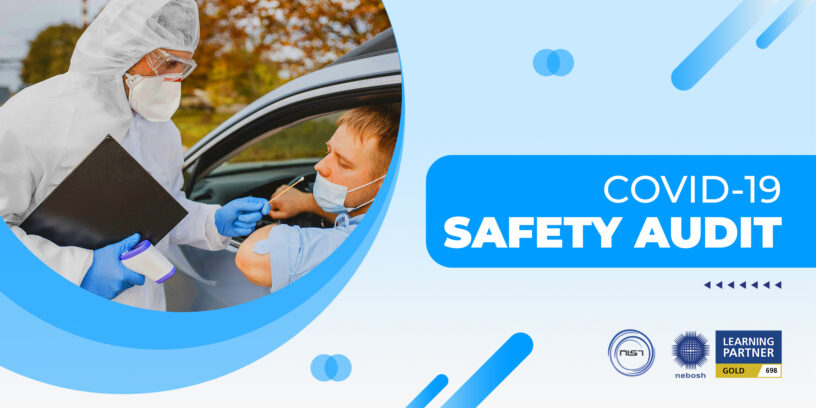
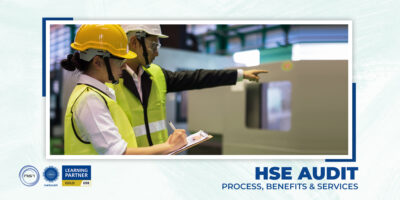
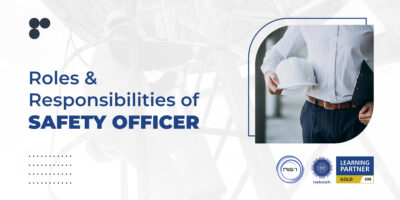
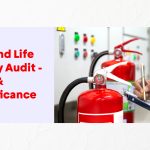


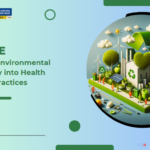

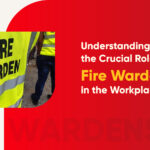


Leave a Reply